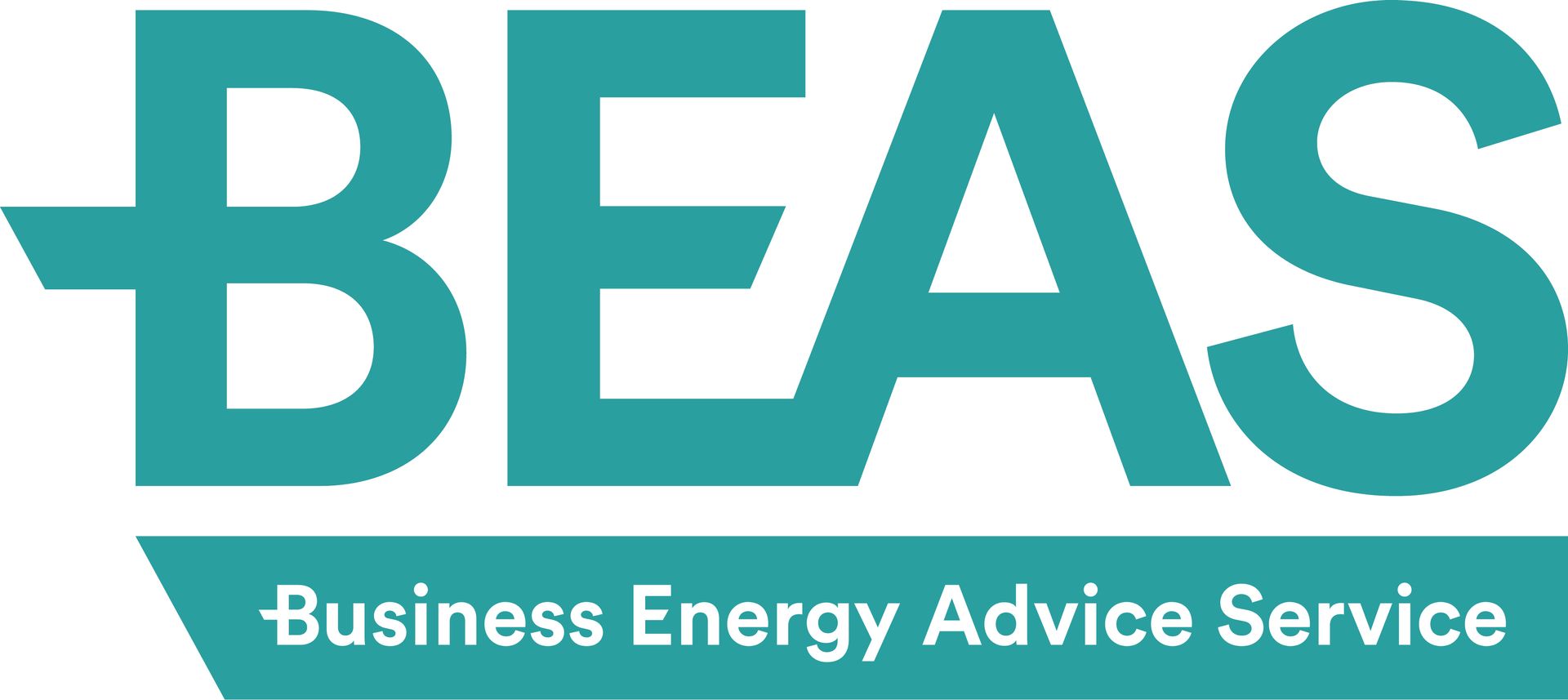March 26, 2024
We are delighted to let you know the West Midlands Employers & WM ADASS International Recruitment Hub has been redesigned slightly and now includes a map, with information about some of the local projects. These include:
- Staffordshire & Stoke on Trent Local Authorities: Pastoral Support and social care nurse recruitment.
- Shropshire Telford & Wrekin Local Authorities: Support for displaced international recruits due to sponsor licence revocation collaborating with Shropshire Partners in Care Association (SPIC) and Citizens Advice Bureau (CAB)
- Coventry & Warwickshire Local Authorities: Support for displaced international recruits due to sponsor licence revocation & for refugee employment into adult social care
- Solihull Local Authority: pastoral care and resources for international recruits
- Herefordshire Local Authority: Training and support for ASC providers on IR
Visit https://irwestmids.co.uk/partnership-projects/ to find out more.




















